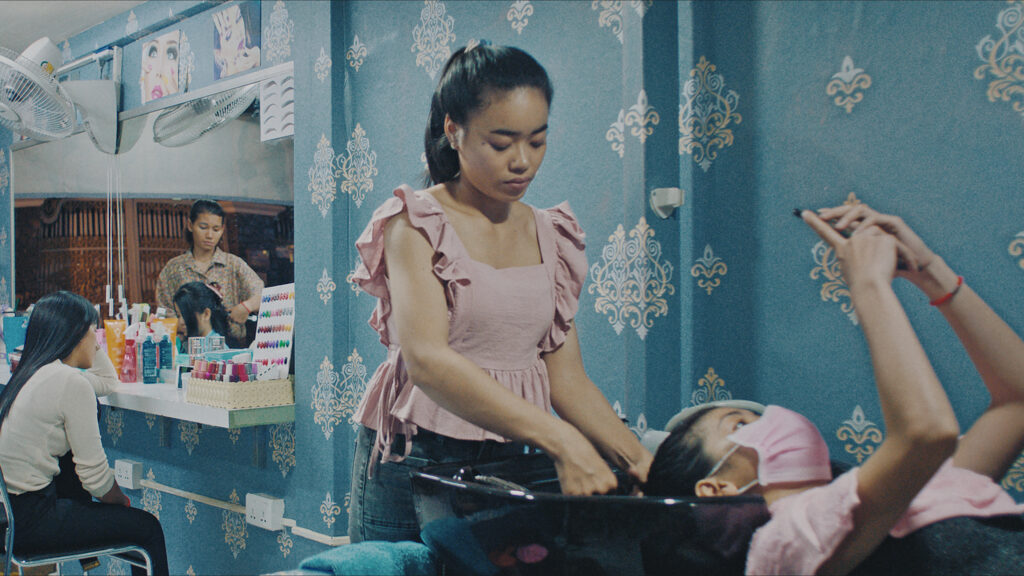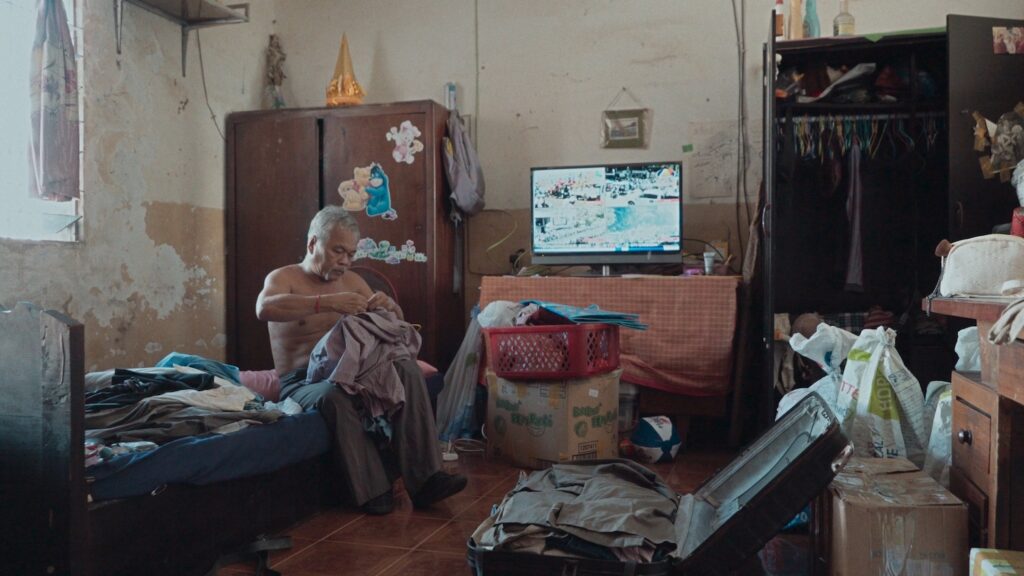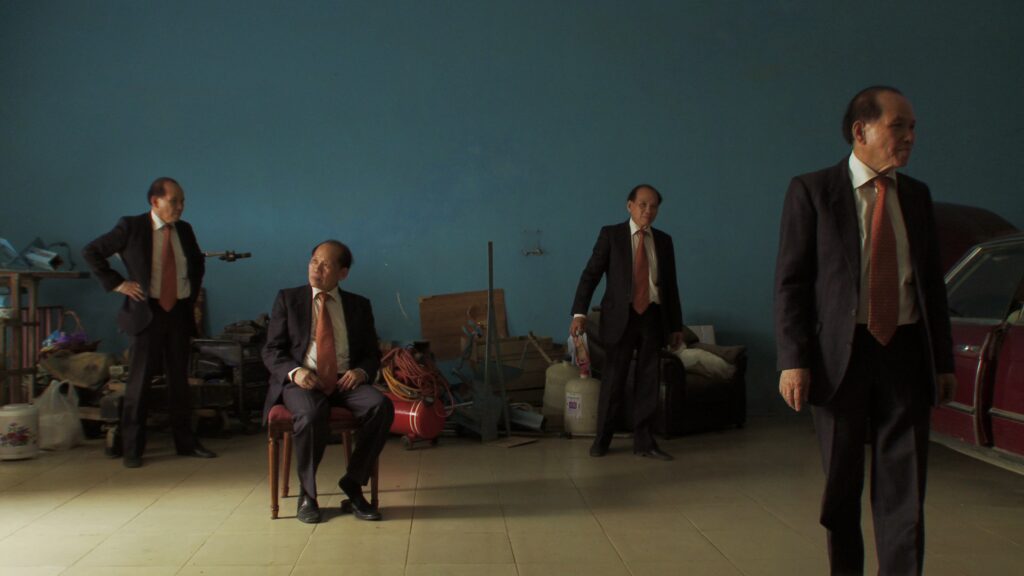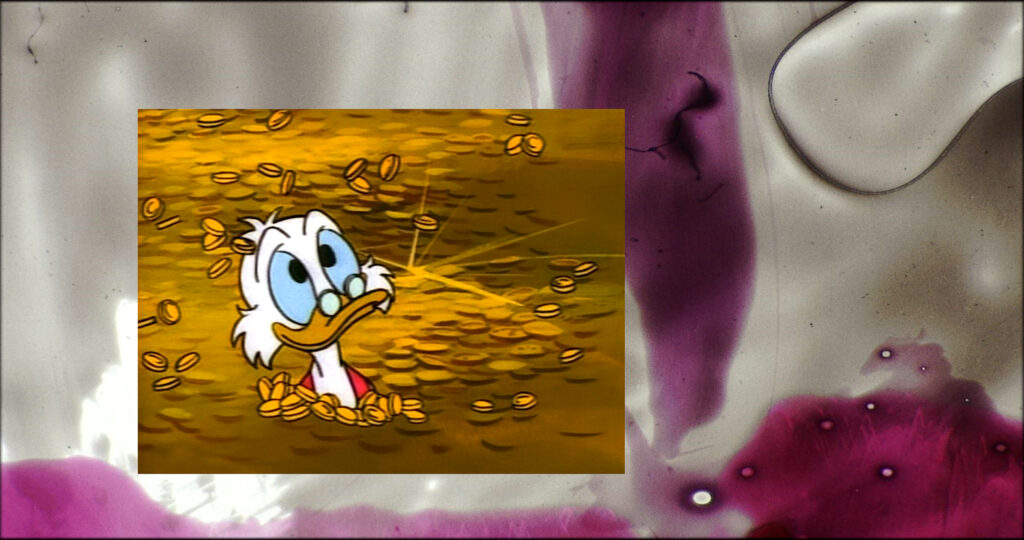In a village in central India, dedicated school teachers put their heart and soul into preparing a group of children for an entrance exam for a Government-run “School of Excellence.” Entrance Exam explores the stakes of the opportunities afforded by this continued, subsidised education for underprivileged children, as well as the many layers of struggle in this intense and surprising journey.
Programmes
Turn Left, Turn Right is a narrative feature following Kanitha (played by artist/filmmaker Kanitha Tith), a free-spirited young woman in Phnom Penh who doesn’t conform to society’s (and her mother’s) expectations. Easily prone to daydreams, Kanitha floats by working at a rock club and at a hotel, riding her motorbike across the city and generally being restless, unsettled and at times self-sabotaging. But this lifestyle is increasingly out of step not only with her mother’s demands, but also with her father’s deteriorating health. When she needs to step in and care for him, engaging with dreams might provide a potential solution to his suffering.
Through an expertly pitched blend of realistic fiction, Sunrise in My Mind shows a view of a beauty salon in Phnom Penh at night which sparkles like a jewel box. The patterned aquamarine wallpaper plays off of the many pink objects inside, including the shirt of the film’s protagonist Pich, a beautician whose mind is clearly elsewhere. Against the strains of a soul song from the early 1970s by Pan Ron, the co-workers’ conversation moves toward the guy who has a crush on Pich, to which she acts demure and with indifference (but also with a private smile to herself). But Lay, a deliveryman who rides a motorbike through the city at night, reliably shows up to the salon. After asking Pich to wash his hair, we witness a moment of intimacy, though it’s unclear whether this is real or imagined.
Last Night I Saw You Smiling finds filmmaker Kavich Neang documenting the final days of the White Building. An architectural landmark in Phnom Penh built in the 1960s, the building was earmarked for destruction in 2017. Originally built as social housing for moderate income tenants, the White Building stood as witness to the history of the past 50 years in Cambodia. After the building (and city) became empty due to the Khmer Rouge’s brutal regime in the 1970s, tenants relocated to a building that came into increasing disrepair while simultaneously nurturing a community of artists, educators and neighbours. Neang films residents packing up their lives in the final week before moving out, conversing about their own personal histories and how they intertwine with the White Building and Cambodia at large.
Golden Slumbers is a feature documentary on the legacy and contemporary traces of the “golden age” of Cambodian cinema which emerged from the 1960s and into the 1970s. During this period, several hundred feature films were produced and exhibited in cinemas across the country, and even in some cases internationally. But the Khmer Rouge’s reign of terror from 1975 to 1979—which resulted in the deaths of over 3 million Cambodians—also put a halt to this flourishing national cinema. Director Davy Chou reckons with this loss of life and culture through finding remnants of this cinematic past among rogue photos, still-existing soundtrack music, traces of film studios in the land and most of all in the memories of the few who survived, among them actors, directors and cinema-lovers.
An essay film in the form of a letter exchange, Nguyễn’s personal and poetic film explores the complex legacy of cultural and historical occupation, its ongoing presence in the indigenous Cham community, and her role as an artist.
A collaborative film made by Berwick Young Filmmakers (a group of local 12–14 year olds). The film was produced over five days of workshops led by artist Kimberley O’Neill, which introduced the group to digital filmmaking and documentary techniques. The film that the Berwick Young Filmmakers have produced together, explores the theme ‘Reworld’—speculating on what life in the year 2031 could be like and imagining how people, technology and nature may change in the near future.
Alternative Economies was made in conversation with herbalist Rasheeqa Ahmad and financial services regulator Rachel Bardiger. The film discusses the imperialist exploits of the Disney character Scrooge McDuck, and the apparently radical yet deeply compromised promises of cryptocurrency. Between these two strands, possibilities for an alternative network of exchange and subsistence are sought.
Amalia Ulman’s debut feature is a dark comedy. El Planeta explores contemporary poverty, deception, class, and escapism through a tender mother-daughter relationship, played by Ulman and her real-life mother.
A paean to Kenneth Anger, this film is depicts a short procession of colourful material and a mysterious woman lit by the sun.











